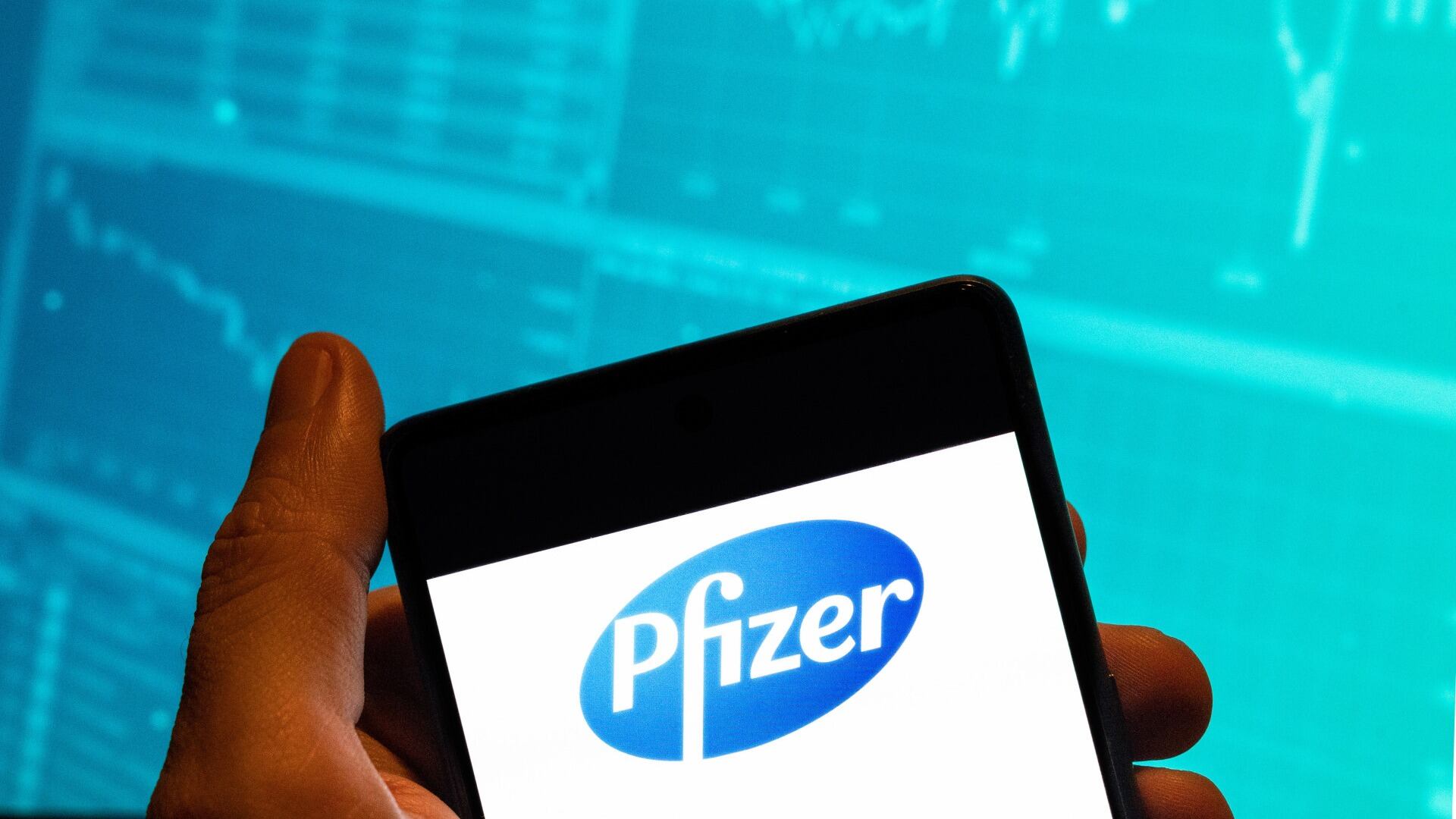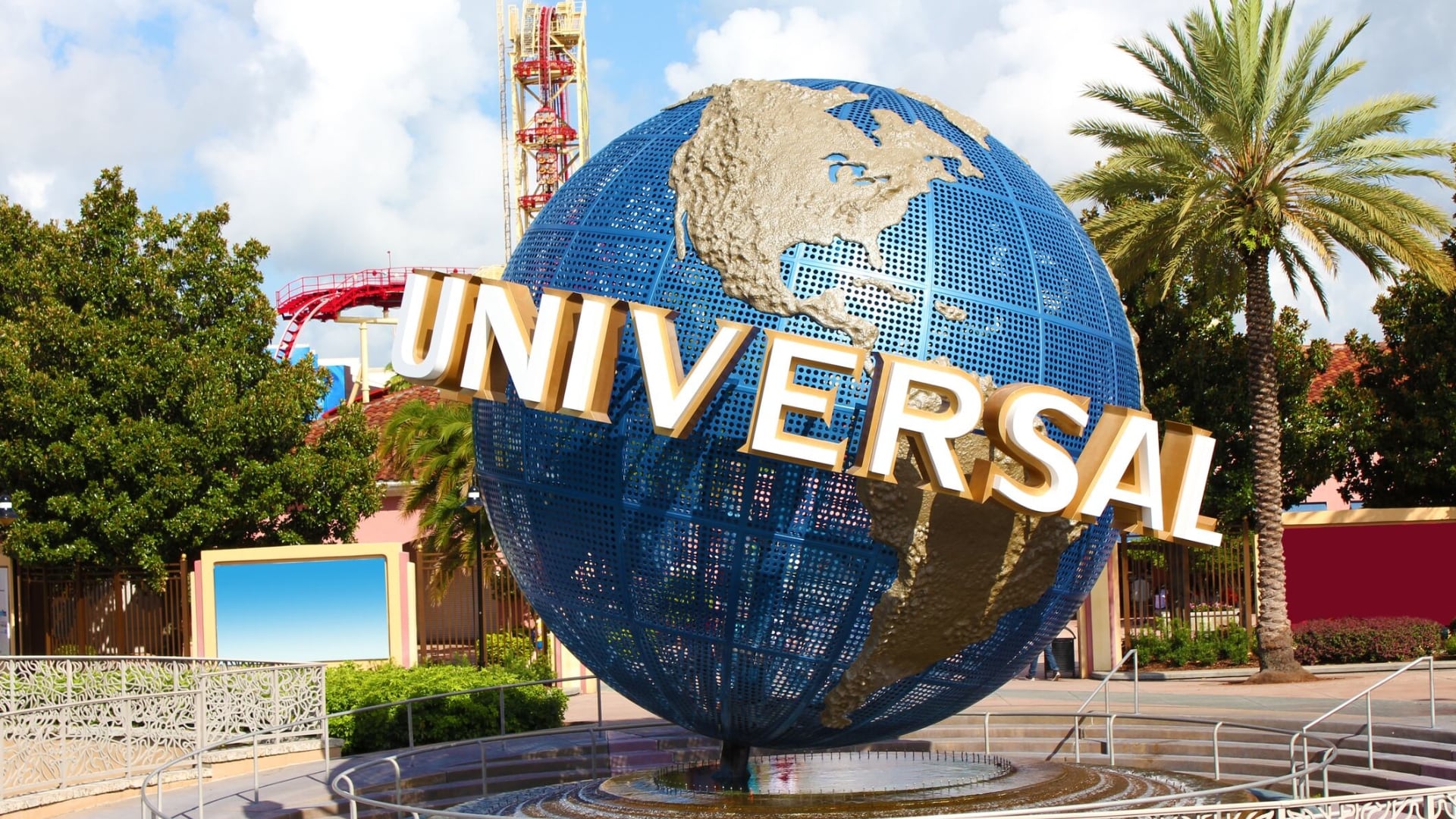Pfizer has entered a $43 billion merger agreement with biotechnology firm Seagen. The deal is designed to bolster the pharmaceutical giant's efforts to fight cancer by scaling up the production of a promising antibody drug.
“Pfizer is deploying its financial resources to advance the battle against cancer, a leading cause of death worldwide with a significant impact on public health,” said CEO Dr. Albert Bourla.
“Together, Pfizer and Seagen seek to accelerate the next generation of cancer breakthroughs and bring new solutions to patients by combining the power of Seagen’s antibody-drug conjugate (ADC) technology with the scale and strength of Pfizer’s capabilities and expertise."
ADCs are designed to kill cancer cells and limit off-target toxicities. Bourla noted that oncology is the "largest growth driver in global medicine," and that the deal would improve Pfzier's position in the space.
Seagen forecast $2.2 billion in revenue in 2023, up 12 percent from last year. Pfizer said the company could contribute $10 billion in risk-adjusted revenues by 2030. This would supplement the company's existing oncology division, which brought in $12 billion in revenue in 2022 with a combination of prostate cancer and the breast cancer treatments.
“Pfizer shares our steadfast commitment to patients, and this combination is a testament to the passion, dedication and talent of the Seagen team to achieve our mission to discover, develop, and commercialize transformative cancer medicines that make a meaningful difference in people’s lives,” said Seagan CEO David Epstein.









